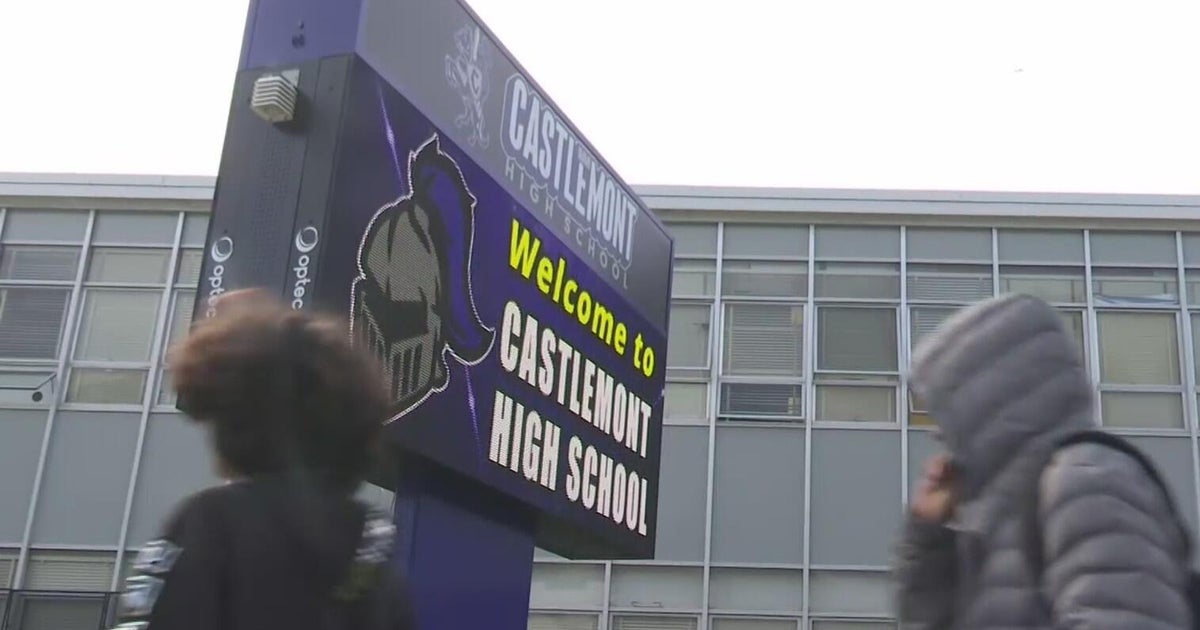Penn State, 3 Other Schools Defend FOI Law Status
HARRISBURG, Pa. (AP) — Lawyers for Penn State and Pennsylvania's three other "state-related" universities said Monday they should not be fully covered by the state Right-to-Know Law, as lawmakers revisited a previously settled question reignited by the Jerry Sandusky child molestation case.
The attorneys said during a four-hour Capitol hearing on proposed changes to the state's main open-records law that it should not apply to them as it does to the 14 state-owned schools in the State System of Higher Education.
The Senate State Government Committee appeared divided as it considers a bill to make changes to the version of the law passed in 2008.
Chairman Lloyd Smucker, R-Lancaster, said Sandusky's 2011 arrest and subsequent conviction has been a "game changer" in several areas of state law and may result in changes regarding open records as well.
Lawyers for Penn State, Pitt, Lincoln and Temple said it was not a simple matter of cost, although some argued it would create an administrative burden. They said their institutions are not state agencies and do not have the government's sovereign immunity protection from lawsuits, warning of unintended consequences from a change.
Together they receive hundreds of millions of dollars in state funding annually. The 2008 revisions to the Right-to-Know Law largely excluded the schools but imposed a new requirement that they disclose certain financial information annually, including some of their largest salaries.
The attorneys said other state and federal laws require the schools to disclose information including graduation rates and campus crime statistics.
Pitt attorney Paul Supowitz said the schools support a proposal to apply the Right-to-Know Law to their own police departments and are open to discussing other changes.
Valerie Harrison, general counsel at Lincoln University said greater public disclosure would amount to an unfunded mandate, while disclosure of all staff salaries could create animosity.
Stephen Dunham, Penn State's top lawyer, said putting it fully under the Right-to-Know Law would damage the school's decision making systems, which reflect its status as more private and autonomous than similar large public universities in other states.
"I think we should be celebrating it, not worrying about it," he said.
Sen. Andy Dinniman, D-Chester, a history professor at the state-owned West Chester University, said many people feel that Penn State failed in its handling of the Sandusky matter, and its Right-to-Know Law status may have contributed.
Former Penn State administrators are awaiting trial for an alleged criminal cover-up of the Sandusky scandal, and prosecutors have cited emails as evidence in their criminal case. Emails can be subject to the open records law, although agencies may withhold them under certain exceptions, including the existence of an investigation.
Sen. Jake Corman, R-Centre, said he does not see a connection between the Sandusky matter and Penn State's special status under the Right-to-Know Law.
The committee hearing also addressed whether open records requests from inmates should be restricted or banned. Inmate request restrictions are part of the legislation, proposed in April by Senate Majority Leader Dominic Pileggi, R-Delaware, being considered.
(© Copyright 2013 The Associated Press. All Rights Reserved. This material may not be published, broadcast, rewritten or redistributed.)







